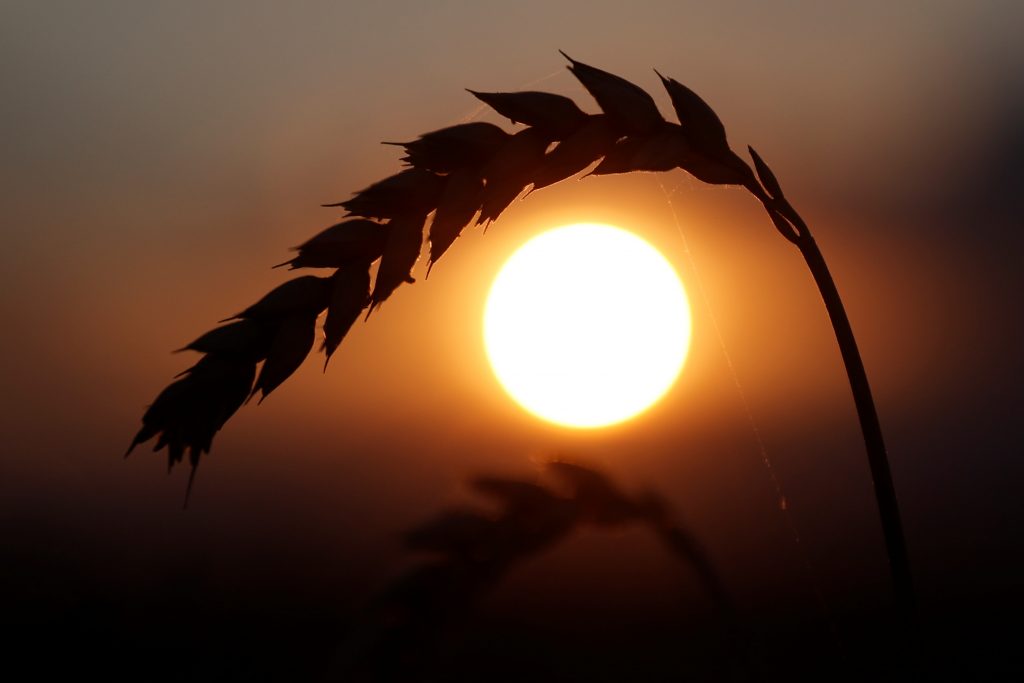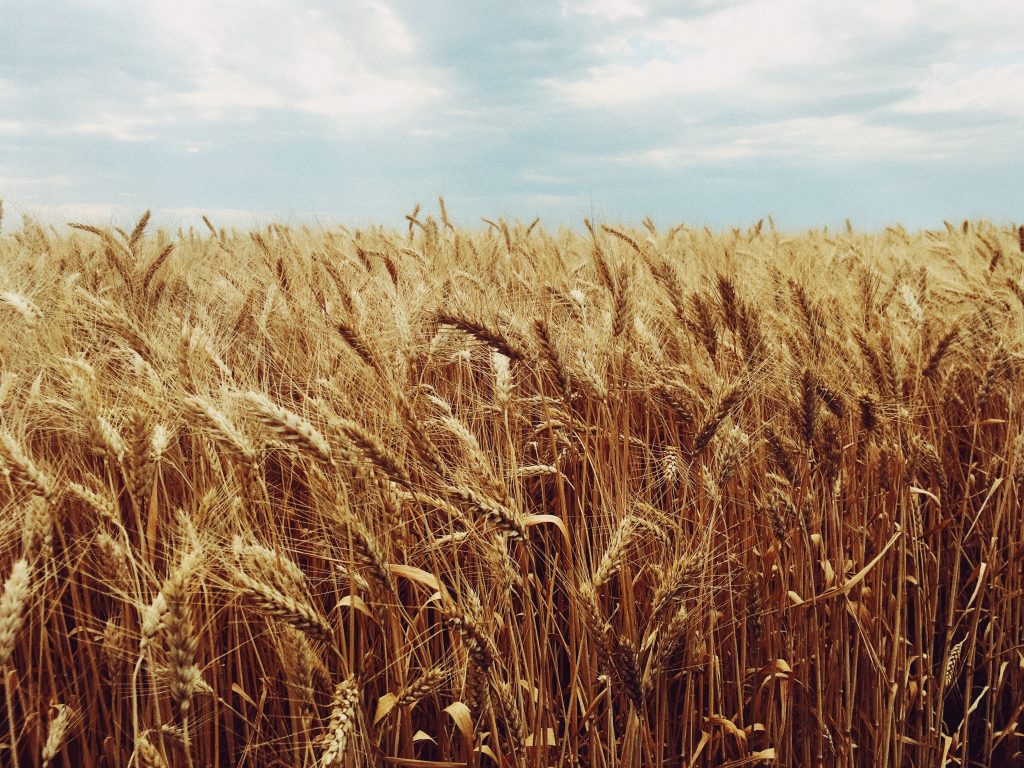Watch the full event
Event transcript
Uncorrected transcript: Check against delivery
GENERAL WESLEY CLARK: And welcome back from lunch. Now we’re going to have some more information here and some more greetings from our friends in the United States, so I’m here to present them to you.
So first you’re going to hear from Dr. Cary Fowler. Cary is the special envoy for global food security at the US Department of State. He is right now at COP27, so he’s going to join us this way. Now, he’s been a food security leader both in government and in the nonprofit space as former executive director of the Global Crop Diversity Trust. In his current role with State Department, he coordinates regional, bilateral, and multilateral US diplomatic engagement on food security systems and nutrition. So he’s our top guy in State Department in the United States looking at this food security issue. We’re going to hear from Cary Fowler.
And then you’re going to hear from Ambassador Cindy McCain. Cindy is the US permanent representative to the US Mission to the UN Agencies in Rome. In her role, Ambassador McCain represents the US at Rome-based United Nations food agencies and around the world, really, all the effort that the UN is making to combat global hunger and expand food access to those in need.
So I hope you’ll enjoy their presentations, and we’ll be following that, then, with another panel. We want to fold their ideas into what we’re taking to the G20. OK, let’s roll it. Let’s hear from Cary Fowler
CARY FOWLER: Thank you for this opportunity to visit with you for a few minutes today.
I know all of you are aware of the frighteningly high numbers of food-insecure people in the world—that’s 828 million—of the 50 million who are facing starvation in 45 countries around the world.
And we all know that this food crisis that we’re in the midst of is caused by multiple factors. It’s caused by climate change. We’re having a severe drought in the Horn of Africa as we speak. It’s caused by COVID, which is disrupting supply chains. And also by conflict. Most of the people in the world that are food-insecure today are living in zones and countries that are experiencing conflict.
But we’re also finding that fertilizer prices are high, fuel prices are high. There have been trade restrictions that some countries have imposed. All of these factors are contributing to the kind of crisis that we have today, and that makes this particular world food crisis a unique one.
In the past, such global crises have typically been caused by one or two major drivers. This one has four or five; just count. And that means a couple of things. It means that it’s going to be difficult to come to grips with and to solve this particular crisis because we can’t just fix one aspect, one problem; we’re going to have to address all of them. And that’s a complicated business, as you well know. And it doesn’t come easily, doesn’t come cheaply, and it doesn’t come quickly.
And that’s the other point that I want to make, and that is that this food crisis, I’m sorry to say, is going to persist for some time. We’re looking at 2023 being a pretty difficult year. And I think we all should be aware of that and we should all be planning for it.
So the message that I want to leave you with today is a pretty simple one: Let’s hunker down and realize that we need to be in—that we are in this for the long haul. We need to be, of course, looking at meeting immediate humanitarian needs, but we also need to be addressing the long-term drivers of this particular crisis so that we don’t face this year after year after year.
That’s where I believe the G20 comes in and has an important role to play. The major countries of the world really need to be coming together now to collaborate and coordinate their actions, and ensure that we start to build the kind of food systems that we want for the future to ensure that all countries in the world and all people are, indeed, food secure.
Thank you very much.
AMBASSADOR CINDY MCCAIN: Hello, everyone. I’m so glad you are here today to discuss the most important issue of our time, food security. Thank you to the Atlantic Council for hosting this important conversation.
We find ourselves in urgent times: ongoing armed conflict, especially Russia’s war of aggression in Ukraine; COVID-19 and climate change continue to strain global food systems; rising costs for food and agriculture inputs impact everyone, especially the poorest and most vulnerable around the globe. As always, America is answering the call to help, and I’m extremely proud of our response. Congress moved quickly to allocate billions of dollars in emergency food assistance. This is on top of the roughly $4 billion the US taxpayer regularly provides each year to the three UN food and agriculture agencies to provide lifesaving humanitarian aid and invest in medium- and long-term resilience.
Throughout my travels, I’ve seen the effects of conflict, increasing water scarcity, and extreme weather conditions from Kenya and Madagascar to Guatemala, Honduras, and Sri Lanka. Building resilience makes our food systems more sustainable, producing more with fewer resources. This is the challenge before us and it demands a united global front. As global leaders look for climate solutions in Egypt right now, it is clear to me that we must leverage science, technology, and innovation in agriculture to feed a growing population in a sustainable manner while generating economic opportunity.
Forums such as this are important occasions to discuss the top global concern of our time, food security. We must continue this discussion. And together, we can give a voice to the voiceless and achieve a world where no one goes to bed hungry.
Thank you.
Watch the keynote
Image: Long known as "the breadbasket of Europe", Ukraine is already one of the world's top agricultural exporters. Farmland reform may now enable the country to play a central role in the future of global food security. (REUTERS/Valentyn Ogirenko)

